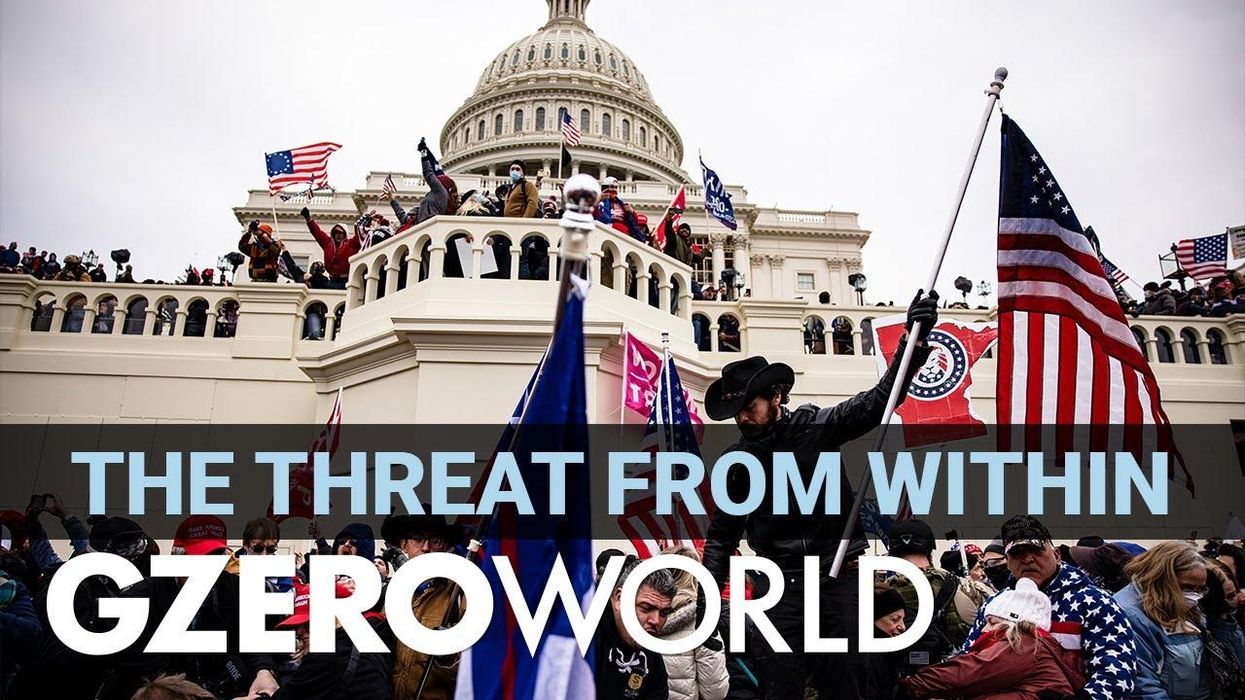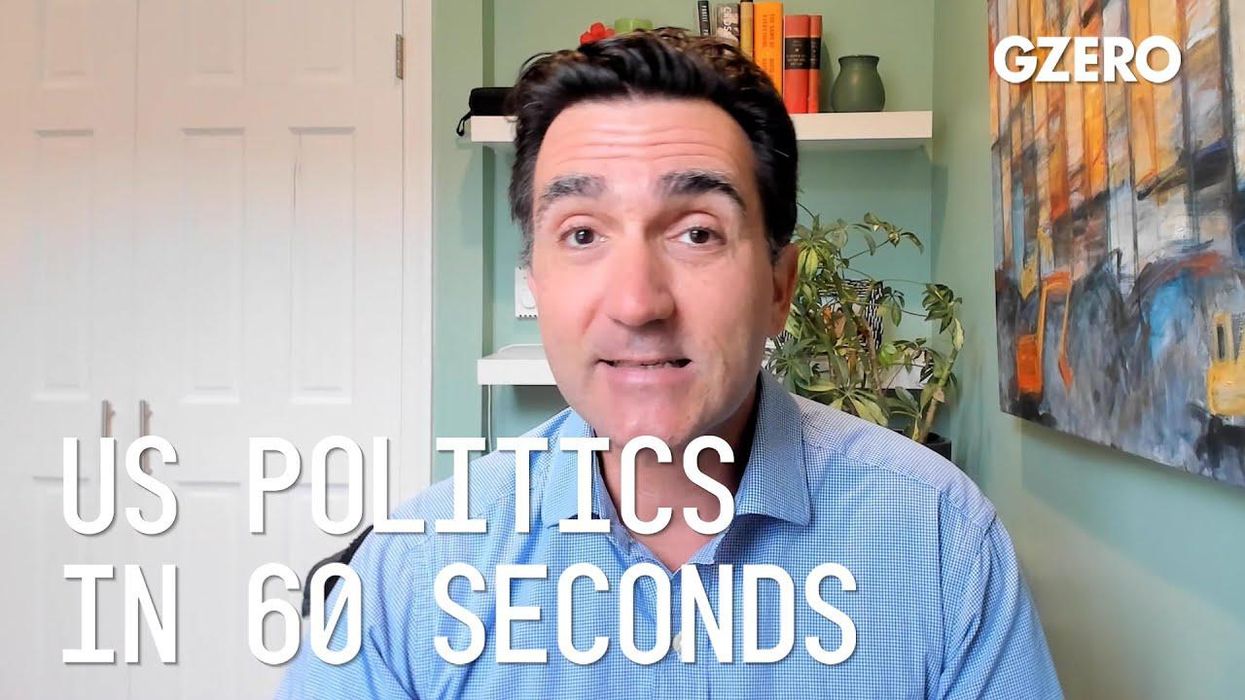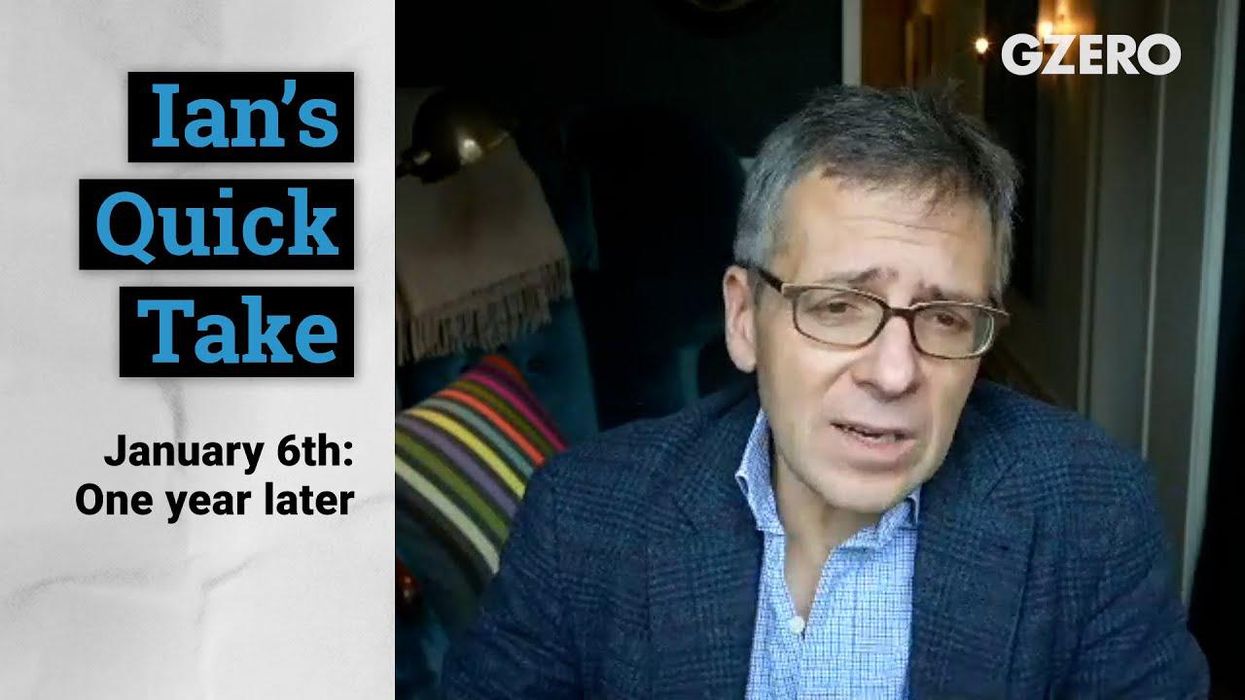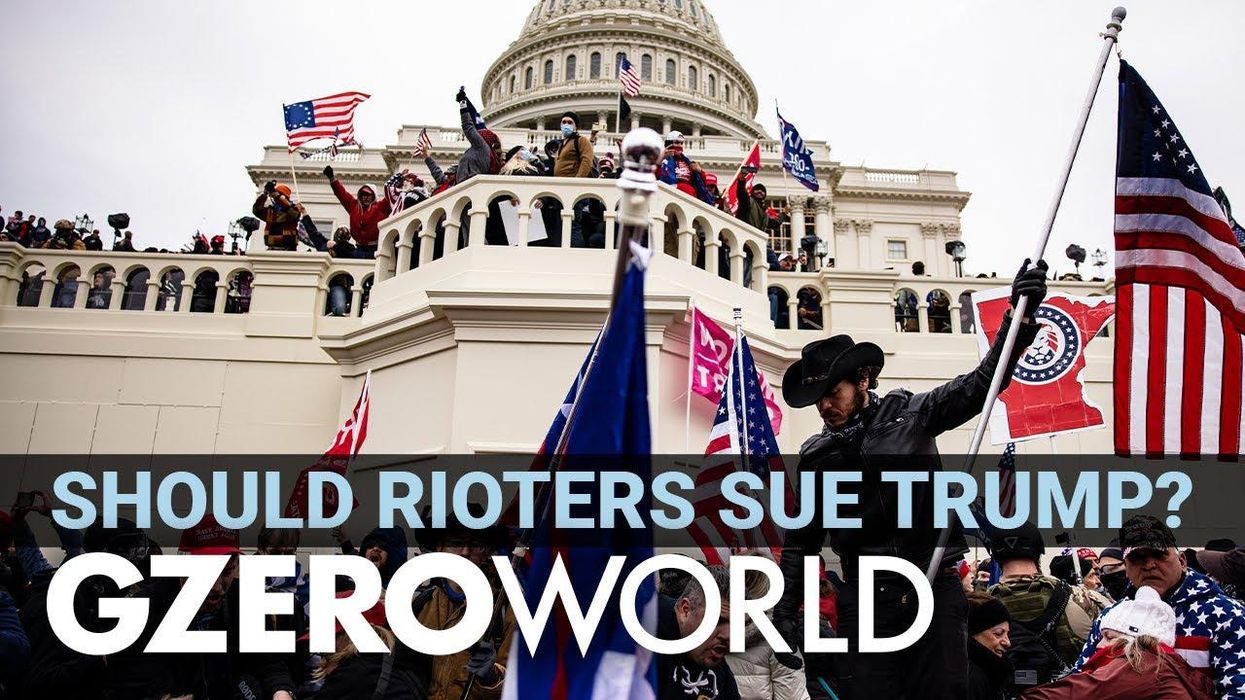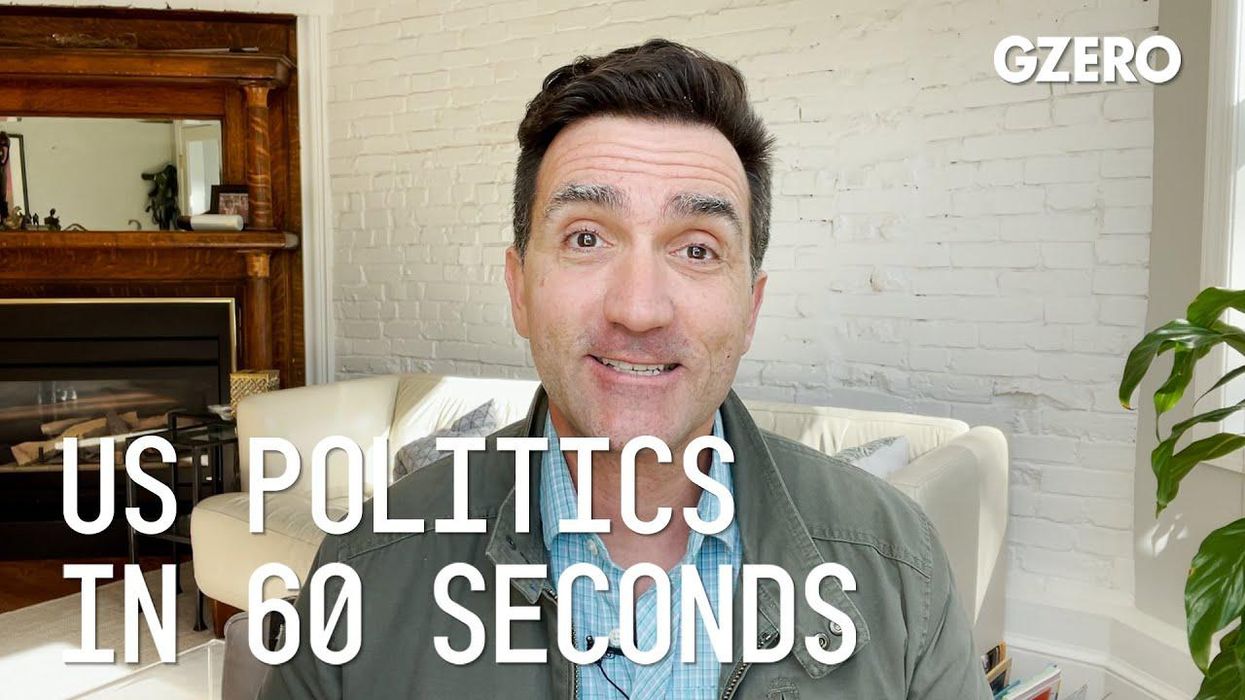GZERO World with Ian Bremmer Podcast
Podcast: America vs itself: Political scientist Francis Fukuyama on the state of democracy
Listen: In this edition of the GZERO World podcast, Ian Bremmer speaks with Stanford’s Francis Fukuyama about the state of democracy worldwide and here in the US.
Jan 13, 2024

